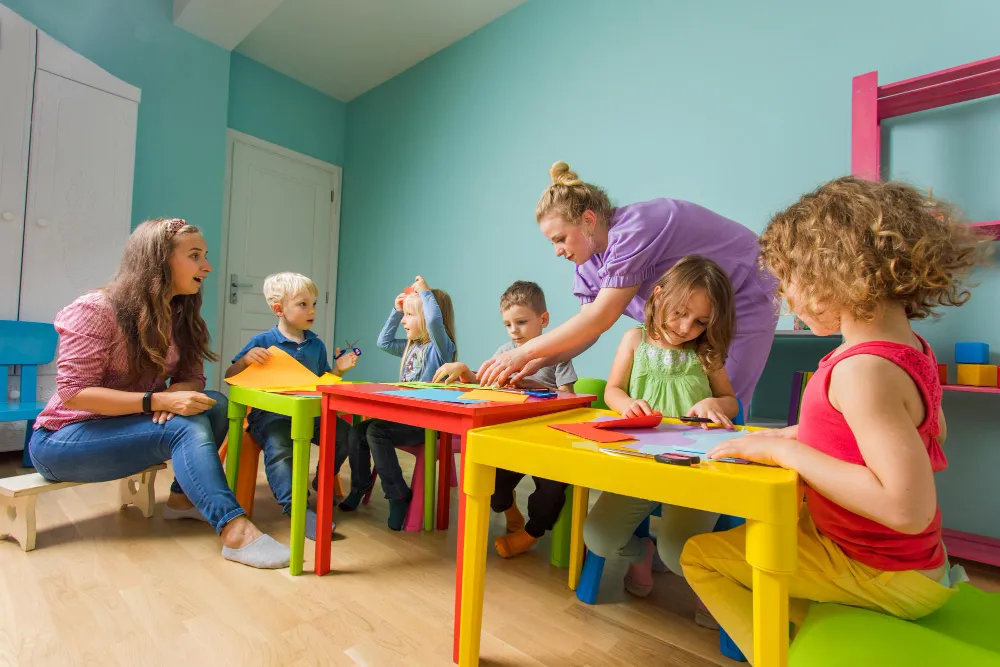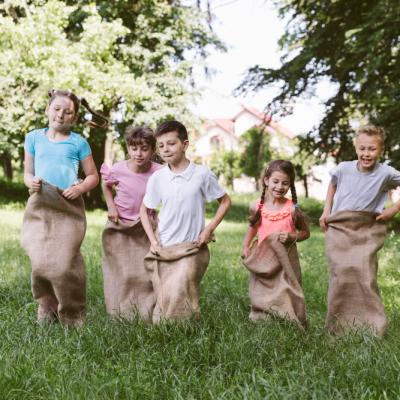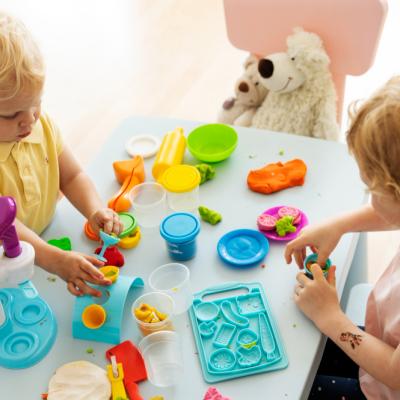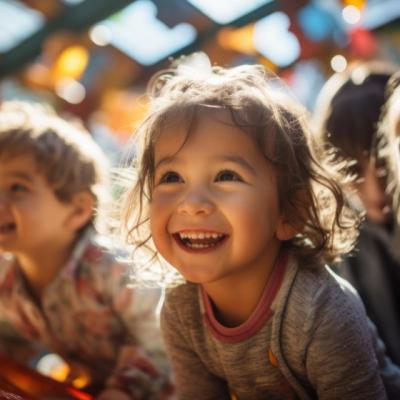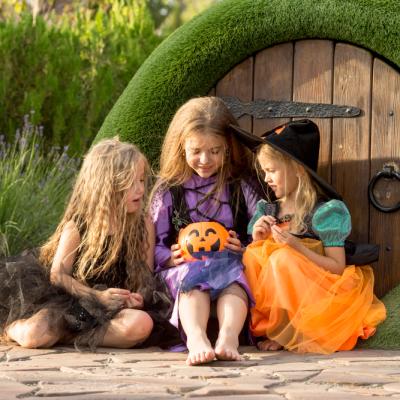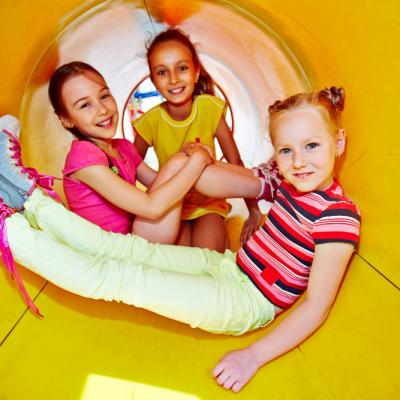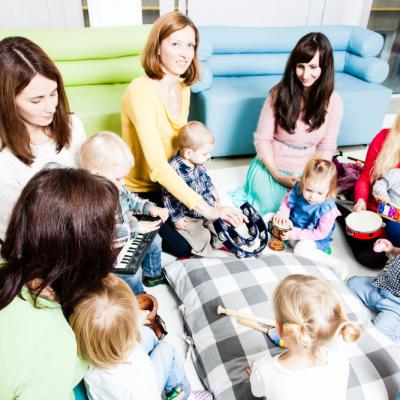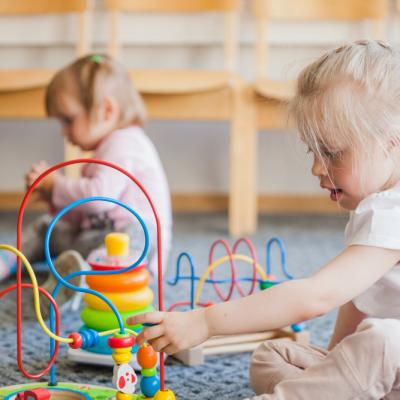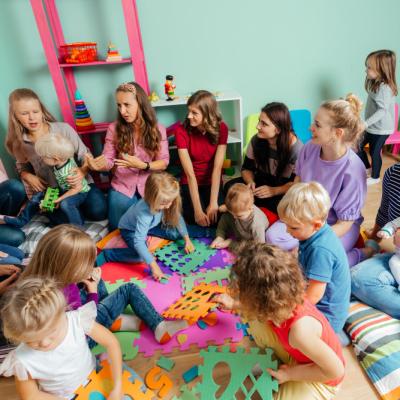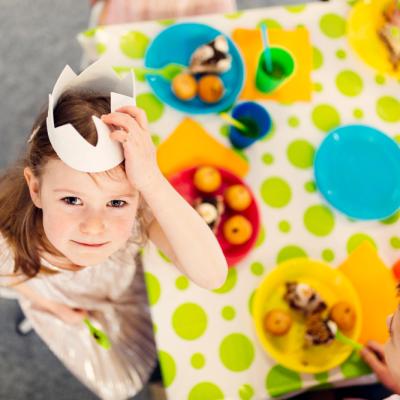Creativity is a key component of early childhood development. It allows children to explore new ideas, solve problems, and express themselves in unique ways.
In preschool, encouraging creativity not only makes learning fun but also lays the groundwork for innovative thinking in later years. Here's how fostering creativity in preschool can benefit children and how educators and parents can support this important aspect of development.
1. The Importance of Creativity in Early Childhood
Creativity in early childhood education is more than just drawing and painting. It encompasses imaginative play, storytelling, music, and building activities. These creative pursuits help children develop cognitive skills, build confidence, and learn to think outside the box. They also promote flexibility and adaptability, essential traits for success in a rapidly changing world.
2. Encouraging Imaginative Play
Imaginative play is a cornerstone of creativity in preschool. It allows children to step into different roles, create scenarios, and experiment with various outcomes. Through imaginative play, children learn empathy, cooperation, and communication skills. Teachers and parents can encourage this by providing props, costumes, and a safe space for children to explore their creativity.
3. Providing Open-Ended Materials
Preschools that offer open-ended materials, like building blocks, clay, and art supplies, promote creativity by allowing children to create without restrictions. These materials encourage problem-solving and innovation, as children can build, design, and experiment in countless ways. This approach nurtures their imagination and helps them develop fine motor skills.
4. Encouraging Storytelling and Writing
Storytelling is a powerful way to foster creativity. Whether through verbal storytelling, puppet shows, or writing, children can express their ideas and bring them to life. Teachers and parents can encourage storytelling by asking open-ended questions, encouraging children to invent their own stories, and providing opportunities for role-playing.
5. Promoting Music and Dance
Music and dance offer creative outlets that promote self-expression and physical activity. Singing songs, playing instruments, and engaging in dance routines allow children to explore rhythm, movement, and coordination. These activities also help children develop a sense of timing and teamwork.
6. Creating a Supportive Environment
A supportive environment is crucial for fostering creativity. Educators and parents should encourage children to take risks, make mistakes, and learn from them. Praising effort over results and allowing children to explore without fear of failure builds confidence and resilience, key traits for creative thinking.
By focusing on creativity in preschool, educators and parents can help children develop a lifelong love for learning and exploration. Creativity is not only enjoyable but also instrumental in developing skills that are valuable throughout life. Encouraging imagination and innovation in early childhood can lead to a future generation of thinkers, problem-solvers, and creators.

